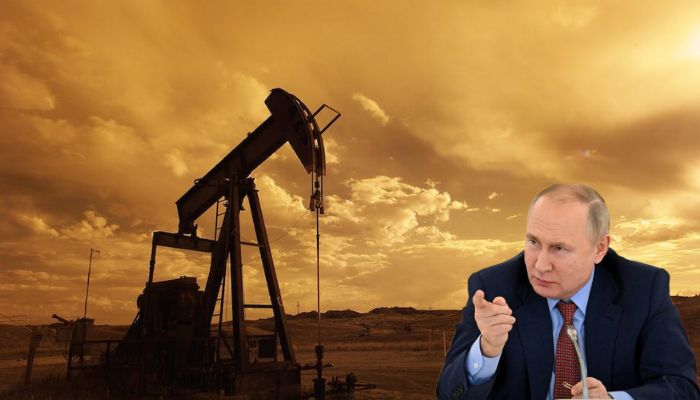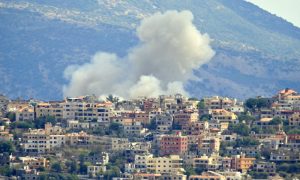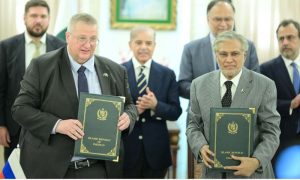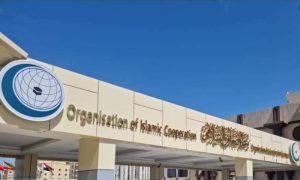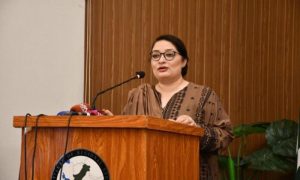KYIV: Russia on Saturday rejected a $60 tariff named price cap on its oil proposed by the EU and the G7. Ukraine welcomed the move saying that it would contribute to the destruction of Russia’s economy.
“We will not accept this price cap,” Russia’s spokesman Dmitry Peskov told state media. Russia, the world’s second-largest crude exporter, is reviewing the decision, he added.
The $60 Price Cap is expected to come into effect on Monday
The $60 oil price will begin on or shortly after Monday, alongside an EU ban on Russian oil shipments. The ban, which would restrict crude shipments to the European Union, which accounts for two-thirds of Russia’s oil imports, could rob Russia’s coffers of billions of euros.
Kyiv welcomed the price hike, which prevents countries from paying more than $60 a barrel for Russian oil shipments and aims to make it harder for Russia to evade EU sanctions by selling more than the European Union at higher prices. . “We are still achieving our goal that the Russian economy will be destroyed, and that Russia will pay itself and be responsible for all crimes,” said the head of the President’s staff Andriy Yermak on Saturday.
The G7 said it stood by its commitment ‘to prevent Russia from getting benefit from its war of aggression against Ukraine, to support the stability of the global energy market and to reduce the negative economic fallout from the invasion’ Russia.
The White House called the price cap “good news” as it would help in limiting Putin’s ability to fund the Kremlin’s “war machine.” Meanwhile, Russia has threatened not to deliver to countries that have adopted the system.
Russians Move of Power Cut in Ukraine
On the ground, Russian forces carried out an attack in eastern Ukraine on Saturday, hitting a “resource facility” in the eastern city of Kramatorsk, the Ukrainian military said. After a humiliating victory in what has become Europe’s largest military conflict since World War II, Russia began targeting Ukraine’s energy infrastructure in October.
The attack caused widespread fires and cut off water and heating for civilians during a summer in which some areas dropped as low as five degrees Celsius (41 degrees Fahrenheit). Authorities have implemented scheduled fire breaks several times a day to keep essential infrastructure running.
Governor of the southern part of Mykolaiv Vitaly Kim on Saturday urged citizens to “endure” the power shortage. Putin told German Chancellor Olaf Scholz on Friday that the Russian attack, which destroyed almost half of Ukraine’s power system, was an “inevitable response to Kyiv’s provocative attacks on Russian civilian infrastructure.”
In particular, he is talking about the October attack on the bridge connecting Crimea, which is connected by Moscow to the Russian mainland. Scholz ” has urged the President Putin to find a diplomatic solution at the earliest, including the withdrawal of Russian troops”, according to his spokesman.
But Putin accused the West of pursuing “destructive” policies in Ukraine, the Kremlin said, stressing that political and Western aid meant Kyiv “absolutely rejects the idea of any dialogue”. Ukrainian President Volodymyr Zelensky has called off talks with Russia as long as Putin is in power after the Kremlin claimed they had seized large swaths of Ukraine.









